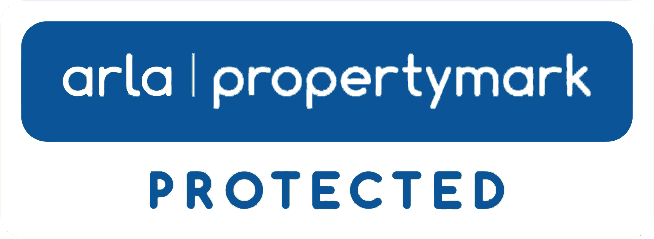
There are now 24% more tenants choosing to extend their lease than in 2019, and the number is 13% up from last year alone.
While many Brits are grappling with the cost-of-living crisis, rising interest rates and inflation, saving for a hefty deposit is resolvedly taking a backseat and potential homeowners may be choosing to hold off until price growth in the housing market cools down.
As ongoing undersupply of rental homes has pushed growth to 12.3% and, with no indication that this will change any time soon, rents are predicted to continue to post above-average growth rates into 2023, despite cost-of-living headwinds, according to the latest data released by Zoopla.
The rise in tenant interest could be a result of thousands of Brits seeking a temporary home during times of a challenging economic climate. Additionally, tenants who have already secured their lease are more reluctant to move out, with competition for housing rising, resulting in an increase of long-term tenancies - which provides landlords with a stable flow of income.
There are now 24% more tenants choosing to extend their lease than in 2019, and the number is 13% up from last year alone.
Growth in tenant enquiries
Rising rents are largely driven by a shortage of available rental stock, with low volumes struggling to meet the high rate of demand, rising over the past three years. Throughout this year, the rental market has seen continuous growth in tenant enquiries due to a combination of factors including the post-pandemic search for space, tenants returning to the city and a challenging economic climate leaving people unable to save for house deposits for the time being.
No signs of significantly improved rental supply
Zoopla also warns of there being no real prospect of significant improvement in rental stock any time soon, as private landlords continue to sell due to uncertainty towards changing legislation, and renters staying put in their current homes. Higher mortgage rates will compound the pressure on demand, making it more difficult for would-be first-time-buyers to stop renting and purchase a home.
The property portal highlights that 3 in 4 renters will choose to remain in their current property – which means they will experience lower levels of rental growth at 4% or less – this will underpin the imbalance of supply and demand in the market as a result.
Homes in the city centre grow in appeal
Renters seeking out smaller homes with lower running costs appear to be flocking towards new-build city centre flats.
Zoopla’s report acknowledges that rental growth is ranging from 7.6% in the North East, to a staggering 18% in London.
The strongest performing urban markets are London (17.8%). Manchester (15.5%), Glasgow (14.4%) and Bristol (12.9%) – where rental growth is standing above the UK average of 12.3%.
Outlook for the rest of the year, into 2023
The disparity between supply and demand is here to stay, and rents are expected to rise to above-average levels across the more affordable markets. There is still space for renters to pay more – especially outside of London and the South East – where rental affordability will remain a drag on demand.
Have you been considering embarking on the journey to become a landlord? Get in touch to find out how much your property is worth, and how we can support you.








